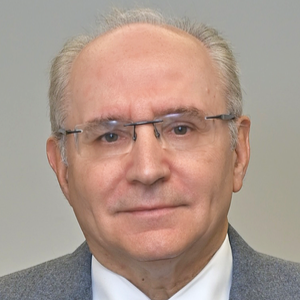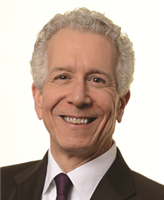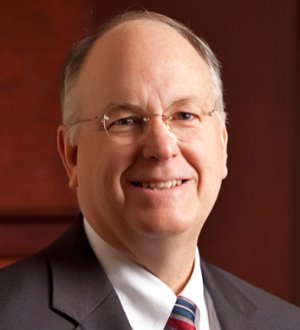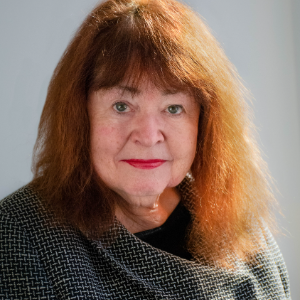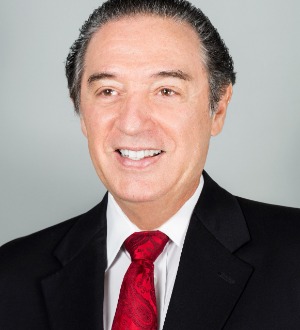Effective July 19, 2024, the Heirs Property Protection and Deed Theft Prevention Act of 2024 became law in New York.
With the enactment of a new Section 424 of the Real Property Law (RPL), a Transfer on Death Deed (TODD) was authorized. One of the stated objectives of a TODD is to avoid probate for real property without having to use a costlier living trust. This purportedly simplifies and reduces the expense of conveying real property for persons of modest means and lower income.
Unfortunately, the provisions of § 424 of the RPL relevant to estate recovery and the rights of creditors (including Medicaid) make it so the very people the statute intends to help are the ones who are most adversely impacted by the use of a TODD.
The TODD is a revocable deed that allows the owner of real property to designate beneficiaries who will receive said real property upon the death of the owner. Because the owner can revoke the TODD, the transfer of the property is not considered a completed gift for estate and income tax purposes. The TODD must be executed, witnessed, acknowledged, and recorded with the county clerk where the real property is located prior to death of the owner, in the same manner as any other deed for it to be effective upon the owner’s demise.
In my opinion, the TODD’s revocability creates the greatest issue for the owner of the property. Because the property owner retains full ownership interest in the property, the property continues to be a resource against which Medicaid and other creditors will continue to have claims.
Section 424(9) of RPL specifies the deed or other type of instrument that can be used to revoke all or part of a TODD, all of which must be acknowledged by the owner of the property and recorded in the office of the county clerk where the original TODD was recorded.
Section 424(14) of RPL specifically allows a creditor to look to the real property conveyed by the TODD as an asset that is subject to the debts of the property owner when the probate estate (assets owned in the decedent’s name alone on date of death) are insufficient to satisfy the claim for a period up to eighteen (18) months from the date of death of the transferor / owner. This is an expansion of the standard period for creditors’ claims against estates, which is seven (7) months. The TODD technically transfers ownership to the beneficiary of the TODD upon the death of the transferor / owner of the deed.
Thus, the real property that is the object of a TODD is fully available to all creditors, lien holders, Medicaid claims and liens, and even the claims of one’s spouse and their elective share. A TODD does not require a higher standard of mental capacity than that which is necessary to execute a Last Will and Testament (known as “testamentary capacity”). However, unlike a conveyance of real property under a Last Will and Testament, Revocable Living Trust, or Irrevocable Trust, the TODD limits who qualifies as a beneficiary to a person that is “a natural person, an association, board, any corporation, whether municipal, stock or non-stock, court, governmental agency, authority, partnership or other firm and the state.” There is a question as to whether or not a trust can be a designated beneficiary.
Additionally, and most importantly, unlike when real property is conveyed by a Last Will and Testament, Revocable Trust, or Irrevocable Trust, with a TODD if the designated beneficiary does not survive the transferor / owner, the transfer lapses. The children, grandchildren, and/or other heirs of the beneficiary will not receive the property, as they have no rights to it. Thus, the real property will continue to be owned by the transferor / owner subject to the claims of their creditors. If more than one person owns the property utilizing a TODD and has rights of survivorship over the property, the death of the beneficiary before the owner poses even greater complications.
Unfortunately, unless § 424 of the RPL is amended to correct the problems created by its use, which are significant in my opinion, I do not see how a TODD is a better option than using a deed with the reservation of a Life Estate, a Revocable Trust, or an Irrevocable Medicaid Asset Protection Trust for the owner of real property of modest means. Frankly, a person of modest means and income who wishes to protect their real property from future claims by Medicaid and other creditors will be much better served by using an Irrevocable Medicaid Asset Protection Trust.
Articles about the use of Revocable Trusts and Irrevocable Medicaid Asset Protection Trusts as well as a deed with a reservation of a Life Estate can be found on our firm website at www.esslawfirm.com.
